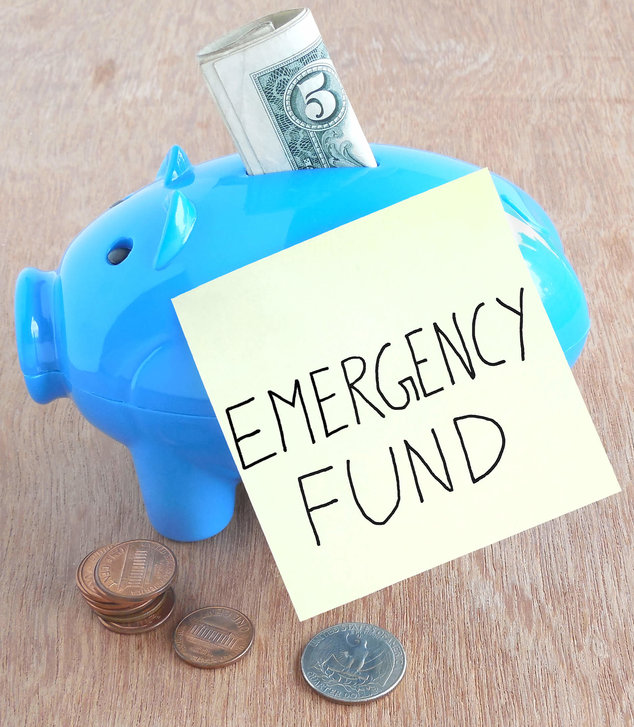When to walk away from a bad mortgage
Since the housing bubble burst, many Americans have found their finances underwater. They're paying on homes that are worth much less than the mortgages against them. More than a few have chosen to walk away from these debts.
Called a "walkaway" or a "strategic default", deliberately defaulting on your mortgage is becoming more common as the real-estate market continues to struggle. Some experts believe that as many as 20% of homes currently in foreclosure are the result of walkaways: people who had the means to pay their mortgage but chose not to when their life circumstances changed and they found their homes unsellable.
Businesses walk away from bad investments and debts like this all the time, but for an individual to do it takes guts. There's a huge stigma associated with walking out on your mortgage. Americans feel that there's something morally wrong with not paying your debts, even when those debts are astronomical or unfair.
The importance of salary negotiation
I have a good friend who recently graduated from MIT with a PhD in something I can't even pronounce, let alone do. Even in this rocky economy, he has competing job offers. That's a great position to be in, and I'm happy for him.
But when he told me about his options, I was surprised to hear him say he didn't plan to negotiate his salary. One company offered him $10,000 less than another for a comparable position. "It's okay," he said. "That seems like Enough. Besides, it's not a conversation I want to get into."
I encouraged him to rethink his position.
Drama in Real Life: When Emergencies Pile Up
Last week, I mentioned that my cat just died. Not only was his passing heartbreaking, it was expensive. But as I said in that post, I was very happy to be able to write a check from my emergency fund and not worry about where the money would come from.
Since I'm still paying off debt, that $800 check represented most of my meager emergency fund. I'll rebuild it over the next few months, but in the meantime I don't have much of a cash cushion. I have to just hope there won't be any subsequent emergencies.
As luck would have it, there already has been.
How much is pet insurance?
Pet insurance costs will vary based on the type of pet, its age and other factors, but one national pet insurance company recently quoted us a policy online of $94.54 per month with a $200 deductible for a 6-year-old mixed breed, female dog. That number can go higher or lower depending on the deductible, very much like human insurance.
While becoming a more recognizable option, most pets are not privately insured. According to the North American Pet Health Insurance Association, there are 179 million pets in North America and about 1.4 million are covered by insurance. The most important tip is to understand what the policy does and does not cover and how the monthly fees compare to average yearly veterinary care for your pet. In some cases, it may make more sense to simply bulk up your emergency fund, as blogger Sierra Black did. Before we get to her story, though: Pet insurance isn't the only option. if you have trouble affording care for your pet, the ASPCA has resources that can help.
Sierra Black's Story
My cat, Monster, died after a struggle with cancer. Monster followed me home one day when I was 17; he was with me through every heartbreak, every move, job, boyfriend, and roommate. I'm grateful for the fifteen years we had together, but I miss him. I'll miss him always, I suspect.
A non-consumer Christmas: Simple gifts for kids and grown-ups
Not sure what to buy for your loved ones this year? Still singing the recession blues? Consider buying nothing at all.
I didn't buy anything on Black Friday, I didn't buy anything today, and I won't tomorrow. This holiday season, I won't be going near a mall. Under our tree, there will be no plastic toys, no new clothes, and no last-minute matched set of leopard-print mugs for my sister when I panic on Christmas Eve because I have no idea what she wants. There also wont be any dipping into my savings accounts to buy gifts.
Thousands of families will be doing exactly the same thing this year as part of The Compact. The Compact has a simple premise: Everyone who signs on agrees to “buy nothing new” for one year.
Finding My Spending Identity
Do you have a Spending Identity? You do, whether you know it or not. It's as real as the data on your driver's license, but if you're like most people, you've probably never given it much thought. Your Spending Identity dictates who you are as a consumer:
- Are you frugal or extravagant?
- Do you impulse shop?
- Do you clip coupons?
These are all part of your profile.
A budget, by any other name...
I'm currently reading The Money Book for Freelancers, which I'll review here soon. It's a great book with a lot of juicy info, including the concept of the Spending Identity. The authors ask you to write out a Spending Identity for yourself to get a picture of who you are and what you can spend. It's a step between learning to track your income & expenses and developing a fully realized spending plan to manage your money.
How to lower your heating bills this winter
The chilly season is upon us. If you live in North America, you've probably had at least a few cold nights by now. Up in my neck of the woods — in the Boston area — we've had our central heat running for a few weeks. Which means we're in full swing winterizing, with an eye to keeping the heating bills low.

No, we don't live in a refrigerator. Our house is pretty comfortable all year round. Here's how we keep the bills low.
Emergency fund vs. debt snowball: What’s the top priority?

A few weeks ago, in my review of Mary Hunt's Debt-Proof Your Marriage, I mentioned that she advocates building a 3-6 month emergency fund before beginning to snowball your debt payments. That's not my approach, and I criticized it a little in my review.
Several commenters said they agreed with Hunt — that an emergency fund should trump debt repayment. It's an interesting issue, so I figured I'd explore both sides of it in a little more depth. Continue reading...
Budgeting For Mistakes
How carefully do you budget? Do you account for every dime, or is there some wiggle room in your spending plan?

That's great for budgeting. I base my spending plans for the coming month on my actual spending from previous months. In theory, my household finances should be a well-oiled, debt-slaying machine.
Gaming The System: Score Points With Your Savings
I'm at a bit of a personal finance plateau. I've conquered my credit cards. I'm chipping away at my loans using the same tactics that helped me pay off the plastic debt. I'm living about as frugally as I comfortably can. I can cut back a little extra here and there, but for the most part the big changes have been made.
My problem now: I'm bored! For a few years there, paying off debt was an exciting hobby. I was constantly looking for new ways to save. Juggling my household budget meant stretching new skills every month. Tracking my spending was an interesting challenge, full of surprising data about where my money really went.
Now I know that stuff cold. Which doesn't mean I use it perfectly every time. Far from it. Boredom makes me sloppy. Sure, I know how to track my spending. But I've climbed that mountain. Do I really have to go back up it every month? You mean I'm supposed to write down everything I spend right now? This cup of coffee? Please! Who has time. That was so last year.

